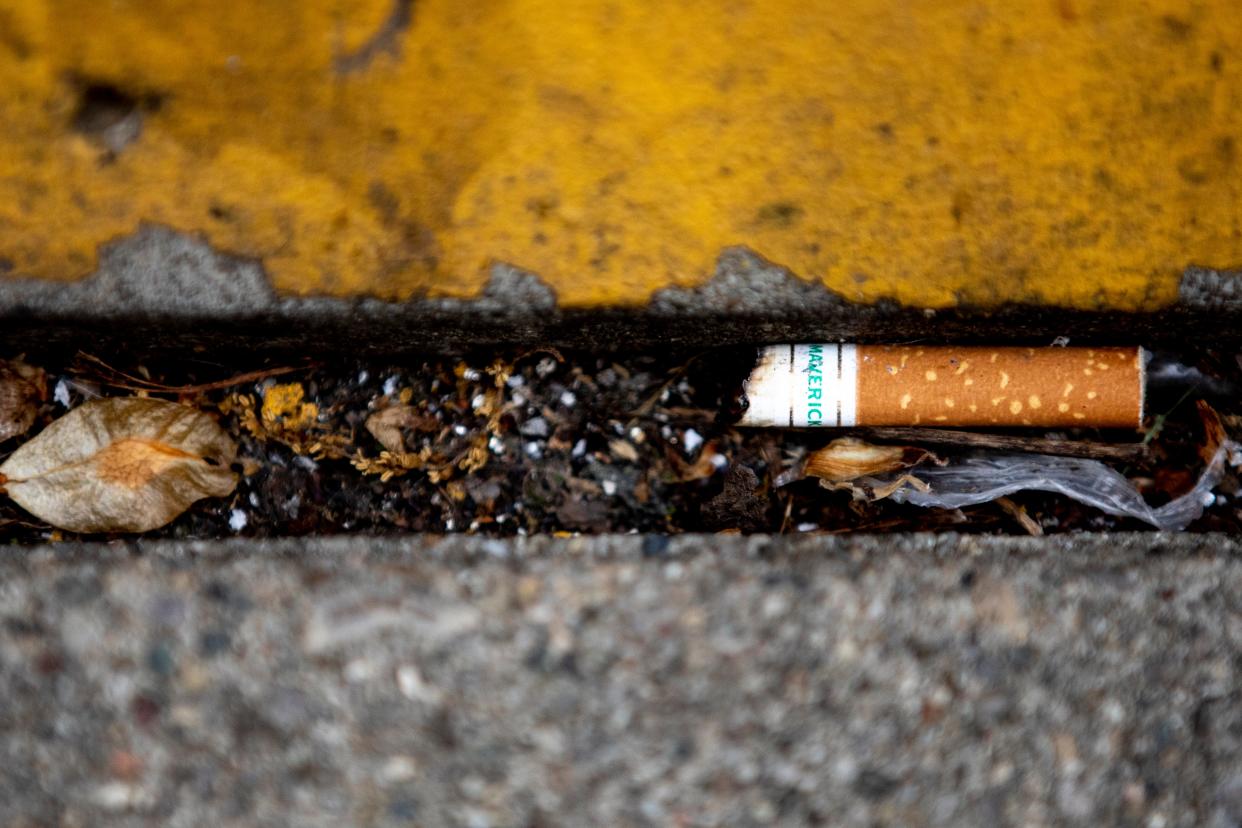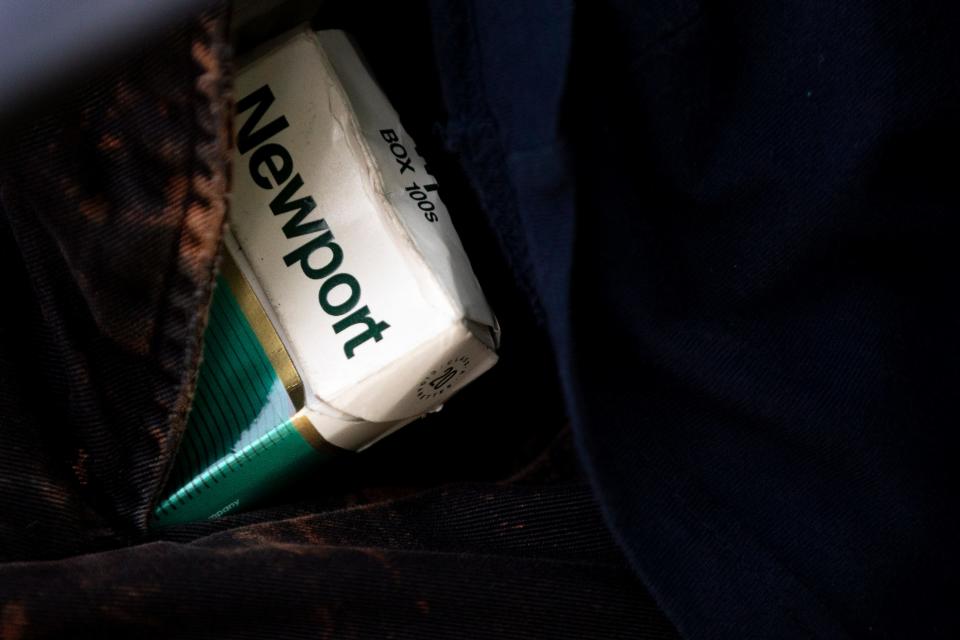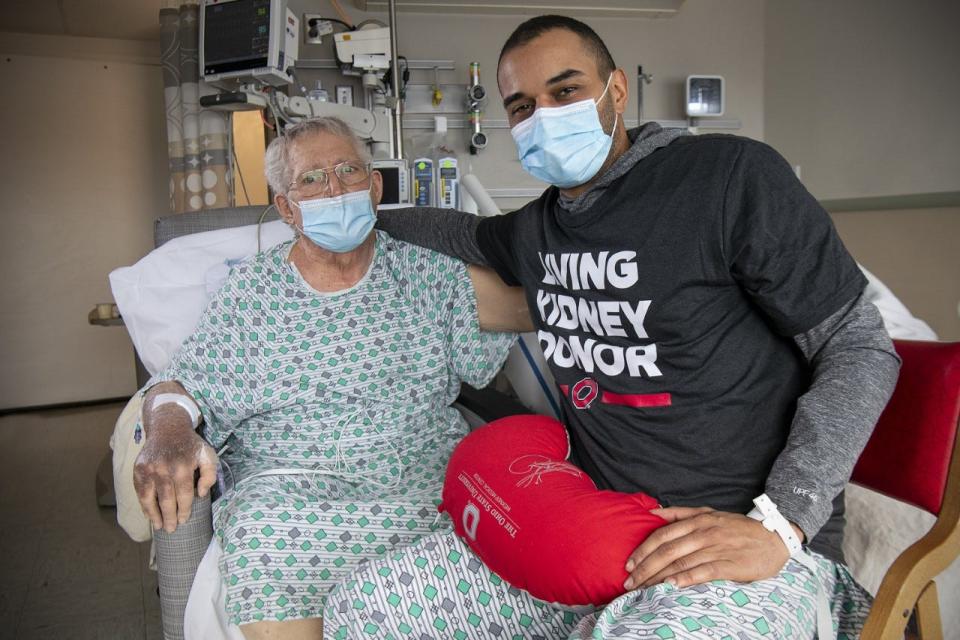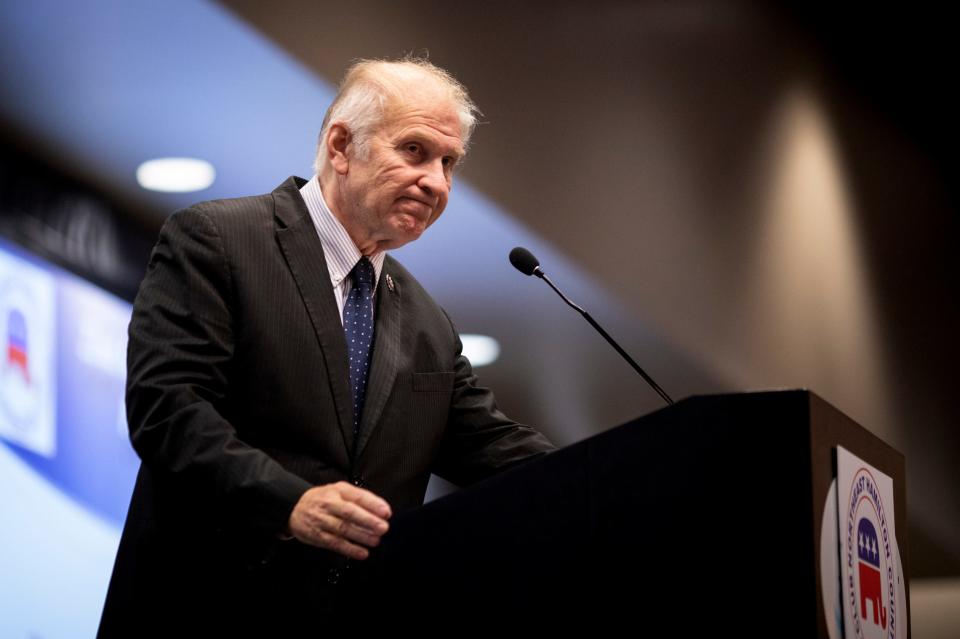Letters: 'Menthol cigarettes killed my father.' They don't see skin color.

Menthol cigarettes don't discriminate
I would like to respond to Stephanie Hightower’s opinion titled “Menthol, flavored tobacco must be banned.”
First, let me say I am in total agreement with her. Menthol cigarettes killed my father. Menthol cigarettes have killed millions of Americans, Americans of all color.
More: Menthol smokes carry extra risk
Let’s start pointing out issues and concerns that affect all of us regardless of the color of one’s skin.
We all are in the human community and all lives matter.
Stan Fulk, Dublin

Dialysis patients need help, Chabot, others in Congress
Families have a lot in common, and something mine shares is kidney disease. Both my late mother and I, who have suffered from this, have had to receive life-saving dialysis treatments that allowed our bodies to continue to function.
More: Life with kidney failure: "My blood is taken from my body and cleansed in a 4-hour ritual"

At the beginning of my dialysis journey, I had insurance through my employer, which covered the costs of these pricey treatments. However, they took up most of my time and energy, and I inevitably had to leave my job.
Being unable to work full-time is a persistent problem for patients on dialysis. Because of this, I now live on disability and adjust my lifestyle to a fixed income while getting coverage through Medicare.

However, even if Medicare covers a patient, they are still responsible for paying 20% of treatment costs. This was a substantial financial burden I faced until I was fortunate enough to find a program through my treatment center to help supplement those expenses. However, a lot of dialysis patients aren’t as lucky.
More: Here's a way to become a lifesaver: Donate a kidney
Dialysis patients across America struggle to pay for the treatment they need to survive. We need Congress to step up and help. There is a bill called the Jack Reynolds Memory Medigap Expansion Act that would extend access to Medigap coverage to all dialysis patients and ensure they can pay for these life-saving treatments.
Dialysis patients across America are struggling. We desperately need members of Congress like Rep. Steve Chabot, a Cincinnati Republican, to recognize this burden and work to pass this bill.
Karen Garrett, Cincinnati
Refund federal surplus to taxpayers
The federal surplus in April was $308 billion dollars, yet my IRS tax payments weren’t reduced despite my rising cost of living due to inflation. What gives? Joe Biden should give us taxpayers a break and rebate the surplus back to us. It is the fair thing to do.
Michael Oser, Columbus
This article originally appeared on The Columbus Dispatch: Letters: Are menthol cigarettes more dangerous than non-menthol?

